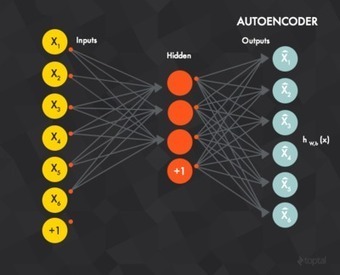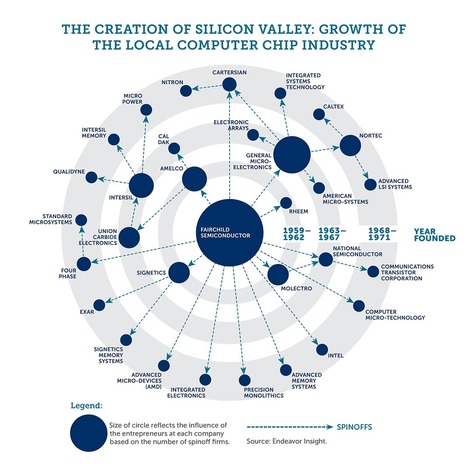BBC has followed up 2006’s Planet Earth, perhaps the greatest nature documentary of all time, with an even greater sequel. This past week, Planet Earth II
Research and publish the best content.
Get Started for FREE
Sign up with Facebook Sign up with X
I don't have a Facebook or a X account
Already have an account: Login

Almost "everything" about new approaches in Education
Curated by
Rui Guimarães Lima
 Your new post is loading... Your new post is loading...
 Your new post is loading... Your new post is loading...

Pierre Tran's curator insight,
April 30, 2014 7:20 AM
Un article très technique sur le deep learning |

oliviersc's comment,
October 3, 2012 11:19 AM
Un petit tour par mes Cercles privés à Google+ Thanks for this article !
|







![[IA] How artificial intelligence is CHANGING our lives | Didactics and Technology in Education | Scoop.it](https://img.scoop.it/HYcZ5c5ctPqpy2QpEtroWzl72eJkfbmt4t8yenImKBVvK0kTmF0xjctABnaLJIm9)




